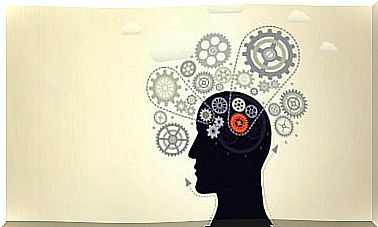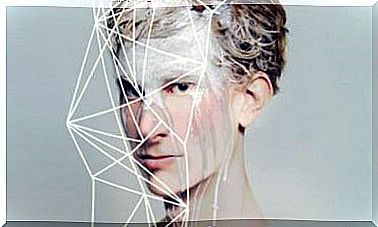Alexithymia Or Inability To Feel One’s Own Emotions

According to recent studies, prepared by the Spanish Society of Neurology (SEN), 1 in 10 people in the world has serious difficulties interpreting and feeling their own feelings. This is what is called alexithymia.
In other words, a person with this disorder can neither recognize nor name their emotions. And this fact supposes an important interference in the daily life of the patient, in all its areas, making it extremely difficult for him and particularly his interpersonal relationships.
This term, alexithymia, was first coined in 1972 by psychiatry professor Peter Sifneos. With it he intended to refer to a disorder that makes it impossible for the person to detect his own emotions, therefore, he is unable to give them a name when expressing them verbally.
Alexithymia, boom cases?

Alexithymia has experienced a very important growth in recent years. This disease is characterized by the inability to identify words, facts and people, with feelings.
Expressions such as “I love you” or “sorry” become invaluable to those affected. This pathology has a special incidence in large companies, in particular, due to the impact it has on the productivity of workers. For this reason, it is believed that there is an important relationship with the waves of suicides that occurred in some of the most important companies in the world.
A characteristic factor of those who suffer from this pathology is the contempt they have for themselves, since they are aware of their inability to express their own feelings towards other people, feeling in many cases useless, insensitive and incapable. Professional help in these cases can be of special help, to provide them with tools and strategies that allow them to strengthen their own skills.
The origin of alexithymia
Alexithymia can arise as a result of an inappropriate development of neural structures during childhood, or as a result of exceptional emotional trauma. During childhood, especially in the stage from 0 to 3 years, the limbic system, responsible for the perception of emotions and the management of the responses of this character, is programmed practically in its entirety.
For this reason, lack of affectivity during childhood can be of decisive importance for the acquisition of alexithymia. Deficits in the process of associating words and expressions of language with feelings can also contribute to its development. However, there is no single cause that triggers it.

How does a person with alexthyme behave?
People who suffer from this disorder have particular behaviors. Among them the following can be highlighted:
- They have little capacity for introspection or daydreaming. They have not explored themselves internally and do not know their identity.
- They show an almost total absence of empathy, they are unable to recognize the emotions of others.
- They find it difficult to relate and maintain affection with others.
- They have a tendency to emotional dependence or social isolation.
- They speak little, they are serious and withdrawn.
- They are usually very impulsive and can overreact to emotions that they cannot identify or recognize.
The importance of emotions
Although society sometimes tends to belittle the manifestation of human feelings and emotions such as sadness or fear, the reality is that emotions have a much more important impact than we think on our physical and mental well-being. Health is also found in the proper development of learning processes, in vital energy or in productivity at work.
Some of the world’s largest companies are making increasing efforts to consider making changes to their workplaces. Its objective is to optimize the factors that make it possible to convert said places into less impersonal areas, given the impressive results of studies carried out on how positive emotions directly influence the work capacity of workers.









